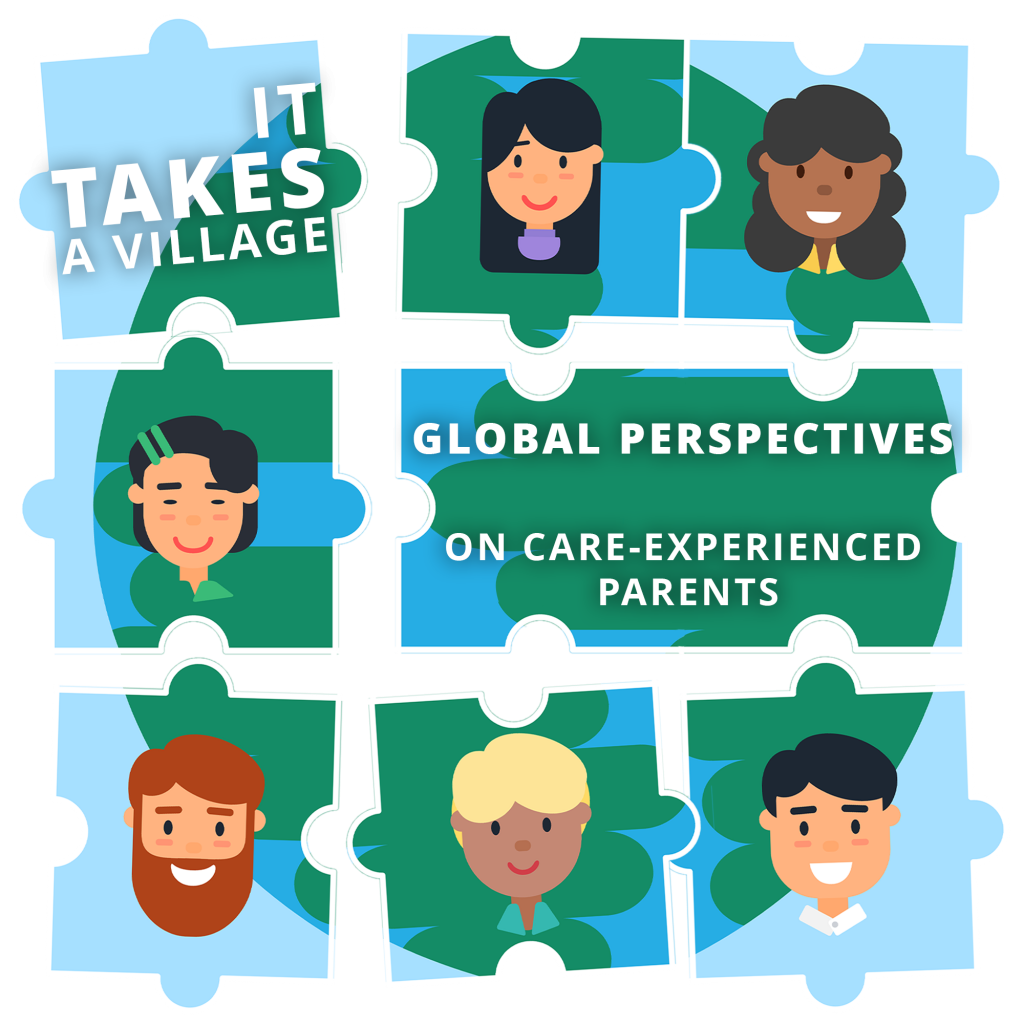I come from Italy but have Albanian origins. As a child I spent 13 years in residential care. I had my first child at 23 and my second at 26.
What does being a parent mean to you? OR How would you describe being a parent?
Being a parent for me was, and still is, like reliving childhood a bit, in the sense that you can confront what you missed when you were in care. So, seeing what you can give to your children highlights what was missing on a social, personal and interpersonal level. It also means a bit of regaining what I missed, especially in the relationship with parents: being loved unconditionally.
Do you think your experiences growing up affect the way you parent?
The first thing is that I always wanted a family and I was lucky enough to find a partner who had this desire like me. So I got married and had children early on. That is the first thing that made the difference: wanting a family and being able to create it. Secondly, I think I am able to perceive many more things: what is missing, but I am also able to have a different empathy with my children.
What support do you or did you get from professionals?
I was lucky enough to live in a community that did not abandon me at 18 and that supported me as long as I wanted, it was a reciprocal thing. It was not so much the parental help in the strict sense, but the accompaniment in the leaving care. There were some people who explained to me what happens when you leave, even some concrete things like looking for a job, a house. But it was also mental help, organisational help, how to structure life as an adult. So for me it was a blessing to have these people, also in arriving at parenthood.
What support do you or did you get from friends, family or people in the community?
At some point I wanted to get away from the out-of-family environment. Being with the same people all the time, who always have your same problems, it’s hard to get out of it. Because at a certain point when you are surrounded by the same people you do the same things. And instead I wanted to break away to see something else. So this moving away and hanging out with other people, who grew up in ‘normal’ families, allowed me to see other things. It was there that I met my wife and it was a great help for us to have her family network above all. Clearly this is not obvious, in the sense that growing up in a family does not guarantee having a family network to help you. But I found in my wife and her family, a positive family. With all the limits and difficulties that there are in all families, they have always been there and supported us a lot in raising the children and improving some family dynamics.
Looking back, what was helpful or unhelpful?
For proud people like me, it is difficult to ask for help: you always think it is a sign of weakness and you struggle. And instead, what should be recognised, told and explained to young people leaving ‘out-of-family’ or approaching parenthood, is that in life you cannot know everything, in fact it is impossible. So the best thing, which I would suggest to all parents, is not to be afraid to ask advice from those who know more than you do, whether they are professionals, other parents, people care experienced. Asking for advice makes a big difference, I have understood this over time and used it often, I still do. My son is starting to deal with adolescence and I don’t know how to deal with it. And so I’m confronting other people and an infinite world opens up when you start asking for things. And maybe that’s the only advice I can give to anyone, not just those who have been in care.
What advice would you give to professionals, organisations or governments about making parenting / parenthood a positive experience for future care-experienced young people?
In my opinion people, and also institutions should probably do some work on this, should be educated to listen. At meetings, training courses, and so on, there is always someone explaining things, but in my opinion, they should start with questions, to educate people to ask for advice. Parenting is not something that is told or explained, it is something that is lived, and questions come as things happen. So we should probably educate more about listening and making things come from people’s questions. Then it is right that professionals intervene and explain, because behind the fact that something happens there may be theories, laws, but explanation is not the first thing that should be given.

This Blog is part of our ExChange conference, “It Takes a Village: Global perspectives on care-experienced parents”
To find more resources on this topic check out the conferences below

